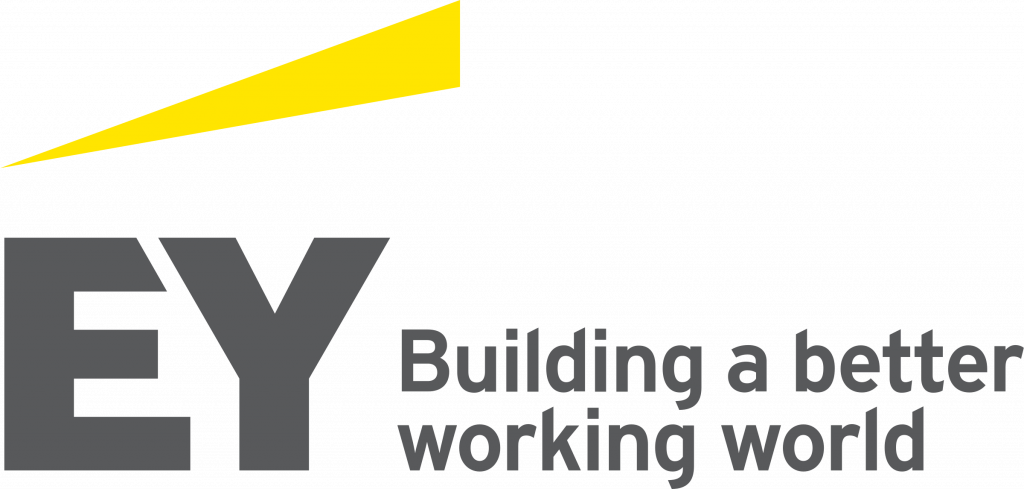Maths Graduate Shannon McAteer is now a Business Consultant in Technology Risk at EY, Here is how she got there…

Describe your career path to date.
I began applying to graduate jobs during the summer of my graduation, and I had already decided to apply to EY and other “Big Four” firms. I had online assessments to complete for EY and then I had to attend an assessment centre for a day to complete various tasks with different interviewers and other candidates. Once I passed the assessment centre, I had one final interview with a Senior Manager in Belfast, and soon after this I was told I had been successful, and I would be starting in September that year. The job began with 2 weeks training in Dublin (with all expenses paid which was nice), and once back in Belfast I started on my very first audit for Belfast City Council. After a few other short projects, I joined the team working on the Google engagement in November of my first year, and I have been working on this project ever since. So, I was definitely thrown in at the deep end but there is always plenty of support, and all grads just learn as we work on different projects.
Why technology risk?
Even after I finished university, I wasn’t entirely sure what I wanted to do as my career, and with Maths as my degree, it didn’t really narrow down my options at all (which is good and bad). I had first learned about the “Big Four” at grad job fairs, and I started to do my research to see if any of the career paths they offered interested me. I was pretty sure I didn’t want to be an accountant, so technology risk caught my eye, especially as this is a sector that is continuously growing and changing. As I had applied for several companies, in the end I was torn between another Big Four company and EY, but as soon as I completed the assessment centre, I knew it was the company for me. EY is very people orientated, and everyone I met seemed really nice and helpful, and I also knew there would be opportunity for travel through EY, which definitely interested me as well.
What is your current role like?
The current project I am working on can definitely be stressful at times, and sometimes the hours are long during really busy period, but the team I am working with is fantastic, and this always motivates me to do the best I can for the benefit of the project as a whole. There are always new tasks and things to learn because it’s such a huge company with so many internal systems, and the scope of work we do for Google is always growing and changing, which makes every day new and challenging.
What does an average week look like for you?
I will be honest and say most weeks are not just a 9-5, but the team I work with is quite flexible in terms of the hours you work each day, which is great. There can be lots of calls with the client, but also time to work by yourself and get work done which I enjoy too. We also have regular check-ins with the team, which includes sub-teams in Belfast, the US and the Philippines, so the different time zones can also be an interesting factor. There are also always lots of social events, for my project and for technology risk or just the Belfast office, all of them have been virtual recently of course, but hoping to start getting back to in-person events now too.
What is the most challenging part of the job?
The longer hours in busy periods can be tough sometimes, I have had to work a few weekends and it can be stressful because of tight deadlines. But we always manage to get the work done, and the team will always be on hand to help.
What is the most rewarding?
Getting to work as part of the team has been the best experience of my EY journey so far. It is a pretty big team consisting of people from all over the world, which is always so interesting and exciting. Also, at the beginning of my career in EY, I had the opportunity to travel to Frankfurt, Germany, to complete a data centre visit. I went completely on my own, and although it was scary at the time, it definitely helped me with my professional and personal development and is something I’ll always remember!
What are your career aspirations?
I want to keep moving up through positions in EY and hopefully become a Senior Manager one day (if not higher up). I also want to complete more qualifications to do with IT, cybersecurity, etc, to keep up to date with the ever-changing trends in this sector.
In what way do you feel like you’re making a difference in your job?
Through our work for Google, we’re making one of the biggest companies safe to use for all of its customers around the world and getting to be a part of this is very rewarding.
What expectations did you have about this career path that you have found differed from reality?
During the first 2 weeks training, I don’t think any of us thought we would be thrown straight into proper projects the way we were, I thought there would be a lot more training, or even just helping with smaller tasks on different projects. But I have enjoyed learning new things right from the start, and I always think it’s easier to learn on the job. The Coronavirus pandemic has obviously changed things massively, so there has also been less travel and time in the office than I initially expected, but I am hoping to still experience this at some point soon.
What skills did you learn at Queen’s that have helped you in your career?
I learned so many skills during my time at Queen’s that have helped me, for example; people skills, organisational skills, independence to be able to work alone but also being able to work well as part of a team. I also learned how to manage strict deadlines, and how to try and keep calm under pressure. As well as this I picked up so many basic computer skills that I still use every day during work now, like google sheets/docs etc.
What advice do you have for students and graduates wanting to move into this area?
I would recommend definitely doing some research about which service line you want to go into, and then also which sub-service line, as EY or other similar companies have so many different roles and opportunities available. However, I know for EY there is always the chance to move around within the company if you feel another role would suit you better. A lot of EY’s hiring process is based on whether you’re a good fit for the company based on what type of person you are, how you work etc, but this works both ways, so it’s really important to be sure big companies like EY are also suited for you and what your career aspirations are.
How did your Queen’s experience help your personal and professional development?
Studying at Queen’s helped me gain and improve upon so many professional and personal skills, without which I may not be where I am today. It also enabled me to enhance my interpersonal skills through completing a volunteering programming at the Sandy Row Community Centre and obtaining the Degree Plus certification which has been a significant factor in my personal and professional development.
What’s the one thing you’ll never forget about your time at Queen’s?
My graduation day was one of the best day’s in my life to date. Being able to celebrate finishing my degree with my family and friends and knowing that all of my hard work over the last 3 years had paid off, is something that I’ll never forget.
Interested in working for EY? Don’t miss our employer panel on 10 June at 12pm on @QUBCareers Facebook. They will also be talking all things Workplace Culture live on @QUBCareers Instagram at 12pm on 17 June. Visit the Gradfest2021 site to find out more.



